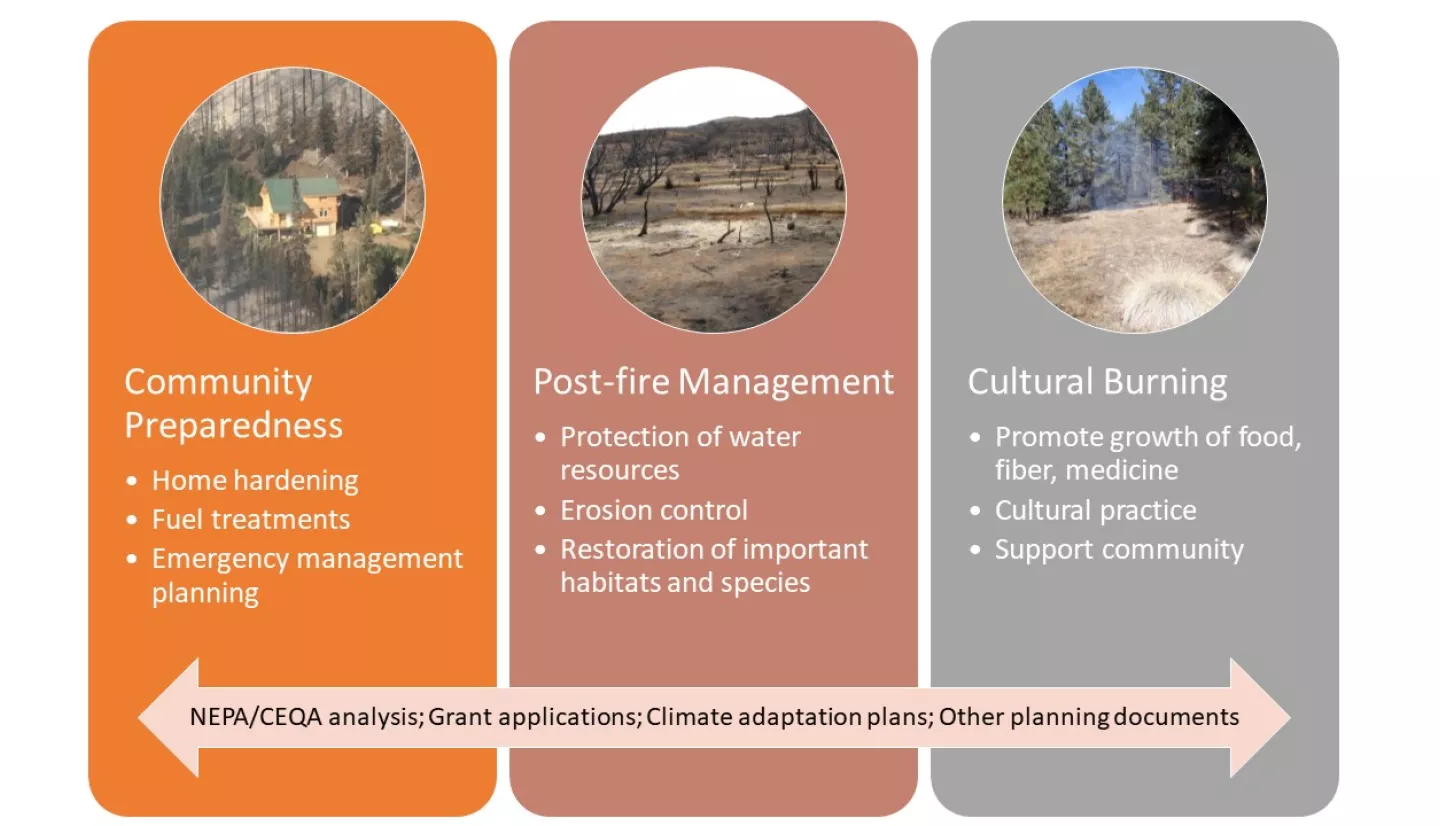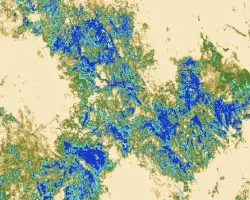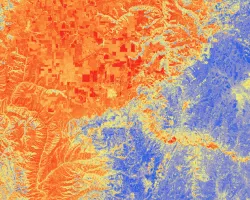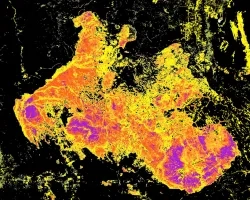Team Members: Megan Jennings (SDSU), Doug Stow (SDSU), Amber Pairis (CSA), Matthew Twyman (SDSU), Krista West (SDSU), Diane Foote (SDSU), Chandler Ross (SDSU), Gabriela Morales (SDSU), Alma Quintero (SDSU), Clarissa Rodriguez (SDSU), and Althea Walker (CSA)
Executive Summary: Wildfire and climate change present significant challenges for Indigenous communities. Ongoing and projected increases in the frequency and severity of extreme events brings new stressors that compound existing threats. These threats are further exacerbated by socio-economic conditions and a historical legacy of colonization and racism that has imposed limitations on Indigenous communities’ capacity to respond or adapt and suppressed traditional fire knowledge. Despite this, Indigenous peoples have remained resilient in the face of ongoing challenges throughout time. These Indigenous communities are now leading efforts to bring traditional fire and stewardship through cultural burning back to the land, supporting and leading prescribed fire management, and advancing a model for co-management of ancestral homelands that are managed by non-tribal entities.
The Spatial Decision Support for Fire Management in Indigenous Cultural and Stewardship Practices project has been designed to provide support to Indigenous communities through the integration of data on fire potential, community vulnerability, shifting fire regimes, and landscape condition to complement Traditional Ecological Knowledge (TEK). This collaborative research partnership with Indigenous communities leverages data and deliverables from previous and ongoing work on climate-readiness, adaptation, and climate resilience initiatives in southern California. The objectives of the project are to:
• Conduct a region-wide assessment of community vulnerability to wildfire in southern California integrating socioeconomic data, environmental health information, and metrics of fire danger and risk;
• Develop a spatial decision support tool that serves southern California’s Indigenous communities that integrates community vulnerability, fire danger, and risk with Tribal cultural practices and priorities;
• Support Indigenous communities by expanding a capacity-building training program integrating western science and Indigenous knowledges of fire and fuels management and application of spatial tools in decision making; and
• Provide input and perspectives from Indigenous communities in southern California to NASA to identify important steps to cultivate authentic collaborations with Tribal communities.
The project is guided by the Climate Science Alliance’s Tribal Working Group and was designed based on the group’s research priorities. In addition, we are engaging a team of core Tribal Advisors who are active in data and tool development as well as fire and fuels planning. Together, our team is working to produce maps of regional wildfire vulnerability, trends in fuel properties, and the integration of fire metrics with socioeconomic and cultural data in an actionable spatial decision support system developed by and for Tribal partners.



